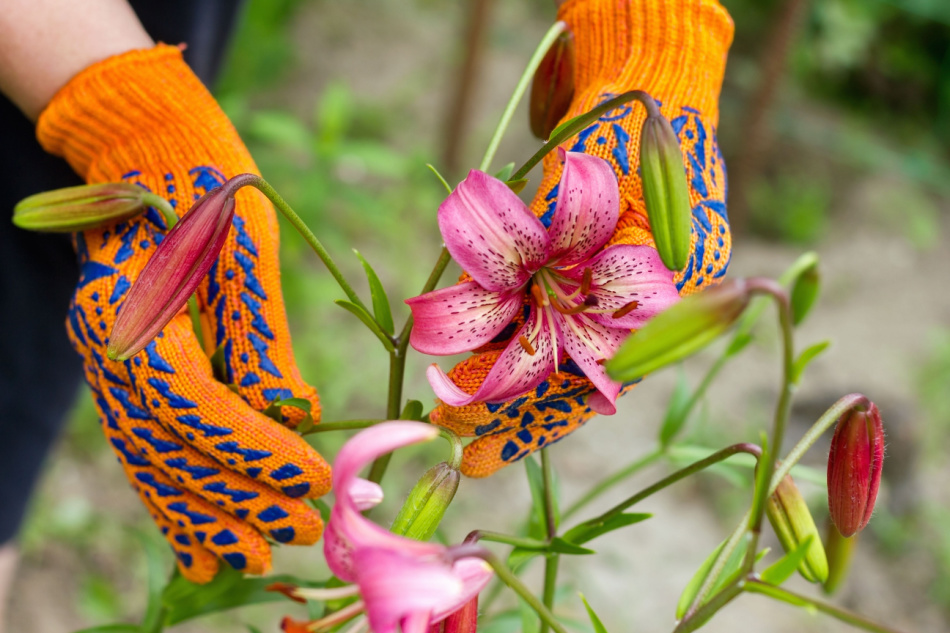For Amrita Chavan, leaving Mumbai for Canada at the age of 19 was the start of a new experience, but it also marked the beginning of a completely new life, at a distance. She vividly recalls the heartbreaking goodbye at the airport, surrounded by her crying relatives. She had no idea how painful it would be to lose loved ones thousands of miles away. “We had no idea what it meant to leave home,” she recalls.
Chavan was surprised to face the reality of international grieving over 12 years after her departure. In early 2020, she received tragic news from her mother: her adored grandma in Sydney, Australia, had become unwell and died. Chavan, who was stuck in Winnipeg, Canada, felt emotionally paralyzed and unable to fully mourn. “I felt very frozen for a long time,” she says.
Understanding transnational grief
Transnational grieving, or bereavement, is a unique experience for immigrants who lose loved ones while living in a different country. The inability to be present for the final moments and traditional rituals complicates the grieving process. According to Zohreh Bayatrizi, a grief researcher at the University of Alberta, “There is a strong sense of guilt. There is a strong sense of regret that they weren’t able to be with their loved one as the loved one died,”
For many immigrants, the burden of transnational mourning is exacerbated by issues such as unauthorized status, which prevents them from traveling for funerals or rituals. Kristina Fullerton Rico, a sociologist at the University of Michigan, emphasizes the issues confronting illegal immigrants: “People described these experiences of grief and long-distance mourning as one of the most difficult parts of being undocumented in the United States.”
Coping strategies and rituals
Regardless of the distance, immigrants find comfort in inventing their own rituals to memorialize their loved ones. Psychologist Gabriela Encina walks clients through personalized grief procedures that include letter-writing and reliving shared experiences. These ceremonies offer a sense of closure and help people to start healing.
During the pandemic, creative outlets were critical for processing grief. Chavan found that taking a writing lesson changed his life. Through writing, she recalled cherished memories of her grandma, allowing herself to reconnect with her emotions and begin the healing process.
Addressing systemic challenges
To minimize the impact of transnational grieving, fundamental reforms in immigration rules and employment norms are required. Fullerton Rico highlights the value of expedited citizenship for immigrants, which allows them to see family members in times of need. Furthermore, having paid bereavement leave ensures that individuals can take time off work without facing financial consequences.
Creating a supportive group is critical for immigrants dealing with bereavement from afar. Organizations and religious institutions play an important role in offering therapy, mental health resources, and virtual support groups. Bayatrizi emphasizes the importance of social contact in the grieving process, saying, “Grief is something of a social experience… It’s an emotional experience that’s shaped through our social interactions.”
Finding strength in your community
Despite the hardships, immigrants like Chavan find strength in supportive communities. Sharing stories and connecting with people who understand their hardships may be quite empowering. Chavan’s healing journey was aided by the compassion of her boyfriend and in-laws, as well as the global network she discovered while writing about her loss.
Knowing you’re not alone during difficult times may be a wonderful source of consolation. Communities that promote understanding and empathy can provide important assistance to immigrants negotiating the challenging terrain of transnational sorrow.











